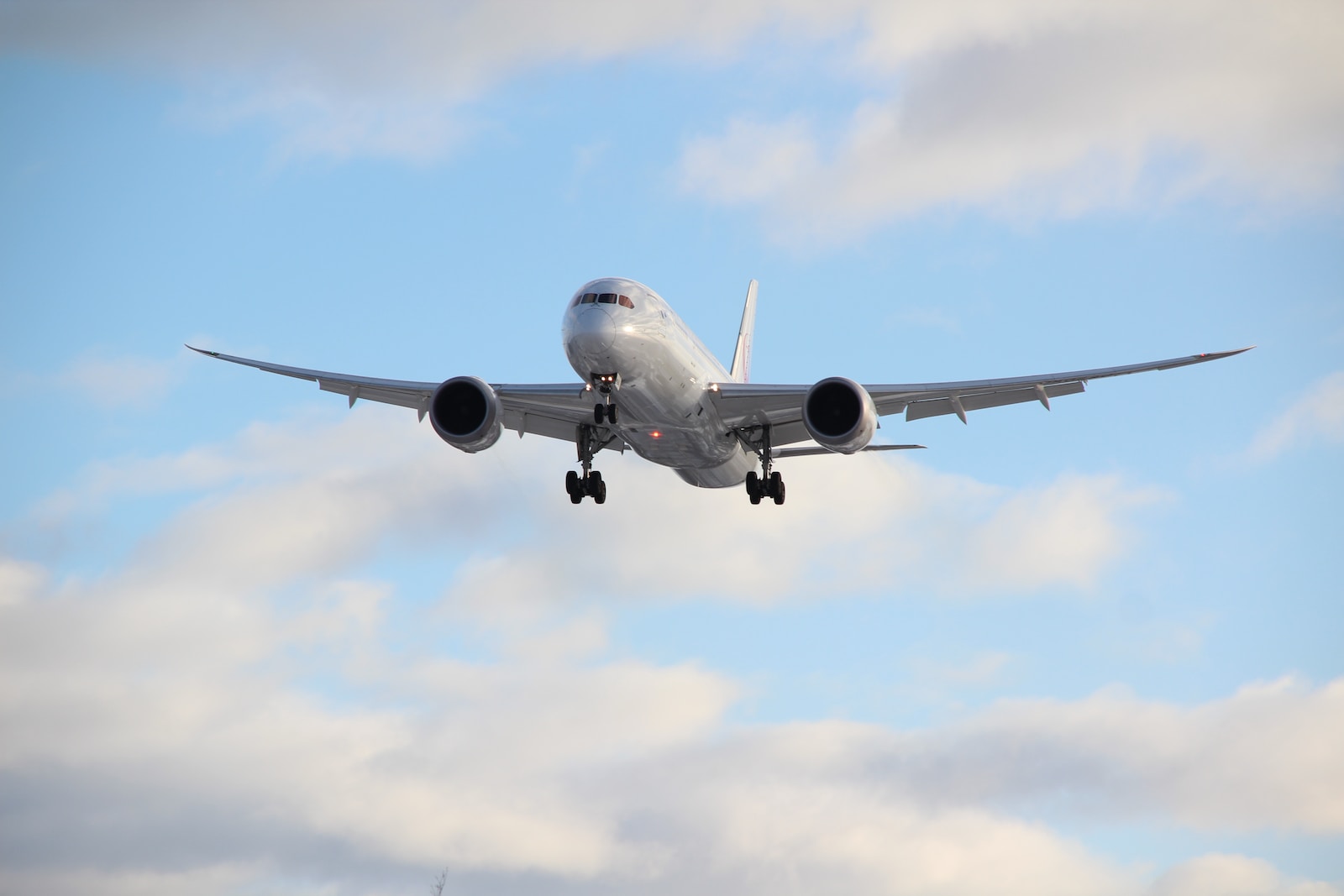
Photo by Artturi Jalli on Unsplash
Airlines Efficiency and Innovation When Minutes Really Do Matter
November 23, 2023
Consider this: in the world of air travel, every single minute counts and mismanaged time can lead to a domino-effect of delays. Understandably, major airlines are looking for ways to streamline their operations. The destination? To reduce costs and boost productivity, even though the time savings may seem minor at first glance.
One such innovative measure was taken by American Airlines last year, implementing new technology for gate assignment at Dallas/Fort Worth International Airport, one of the busiest airports in the world. By swapping a manual, hours-long process with efficient technology, the airline managed to save an average of two minutes of taxi time per flight. It might not sound like much, but these savings accumulate to about 11 hours saved per day!
This unique technology, referred to as “Smart Gating”, has gone on to cut down taxi time by 20%, and brought down gate changes and conflicts by half. The effectiveness of this system has encouraged American Airlines to extend its implementation to other airports including Charlotte Douglas International Airport, Miami International Airport, Ronald Reagan Washington National Airport, and most recently, Chicago’s O’Hare International Airport. The airline is also contemplating its usage in Phoenix.
The goal is simple – prevent gate congestion that often results in departure or arrival delays. Unanticipated gate changes can disrupt coordination with onboard services like catering and fuelling. The Smart Gating system helps streamline processes by tailoring solutions for each airport’s unique challenges. These efficiencies have shown tangible results with American’s on-time arrivals improving from fifth to third place among major U.S. carriers within a year.
Saving time isn’t the only benefit; it’s also about fuel economy. Shorter taxi times translate to lower fuel consumption, which is one of the biggest expenses for airlines. American Airlines claims that their new gating program helps save around 1.4 million gallons of fuel annually, equal to nearly $4 million!
American Airlines isn’t the only one making strides in this direction. United Airlines revamped their boarding procedure for economy class last month to save up to two minutes per flight. Southwest Airlines is experimenting with various methods to speed up boarding, ranging from better signage to lively music on the jet bridge.
Frontier Airlines, a budget carrier, is looking to expedite boarding and deplaning by using direct stairs outside of jet bridges, utilizing a second door on their Airbus jets. The Denver-based airline is hoping to have a third of its flights using this system within two years, potentially shaving off up to 10 minutes off turn time—the period required for a plane to park, deplane, reload, and depart.
According to Robert Mann, a veteran in the airline industry and president of RW Mann & Co., an aviation consulting firm, the clever usage of time saved could allow airlines to reduce the duration allotted for each flight. This could in turn increase the availability of more flights. American Airlines even suggested that as they become more efficient, future schedules could be tighter, allowing more flights to be added.
Recent News
Premium and Healthier Food Options Gain Traction
As consumers become more mindful of their spending, the global sales of cooking ingredients and meals saw a notable increase of 4.4% in 2023, driven by inflation and higher commodity prices, according to Euromonitor International. This trend underscores a shift in consumer behavior towards more economical choices while still showing a preference for premium, healthier, and environmentally sustainable options.
Dairy Manufacturers Inc. Issues Voluntary Recall of Baby Formula
In a significant move, Dairy Manufacturers Inc., a Texas-based company, has initiated a voluntary recall of several baby formula products after they were found to be noncompliant with U.S. Food and Drug Administration (FDA) regulations. The recall encompasses all lot codes of three specific products: Crecelac Infant 0-12, Farmalac 0-12, and Farmalac 0-12 Low Lactose. This announcement was officially published on the FDA’s website on Saturday.
Fitness Equipment to Become $18.4 Billion Market
The global fitness equipment market is projected to reach $18.4 billion by 2033, growing at a CAGR of 3.02% from 2024 to 2033, according to Allied Market Research. Key drivers include the integration of Internet of Things (IoT) technology in fitness devices and the rise of corporate wellness programs. IoT-enabled equipment captures workout metrics in real time, enhancing user engagement and offering personalized insights. Corporate wellness initiatives promote physical activity in the workplace, increasing demand for fitness equipment in corporate gyms.
Walmart Ends Partnership with Capitol One
Walmart has officially ended its consumer credit card agreement with Capital One, marking a significant shift in the retail giant’s financial partnerships. This decision follows a series of disputes over customer service issues that culminated in a legal battle and a federal judge’s ruling.

